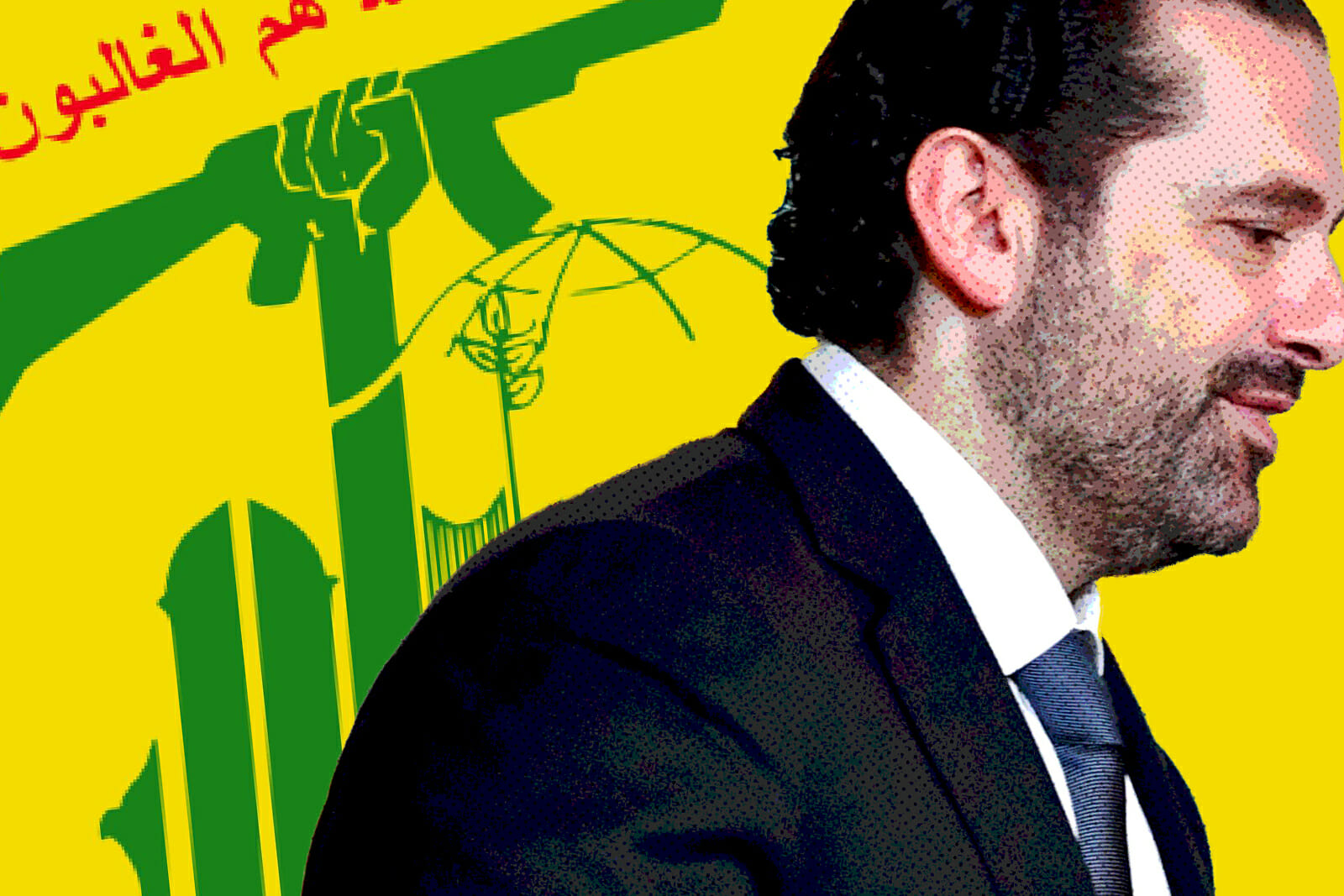
Hezbollah will always be Lebanon’s Problem
Prime Minister Saad Hariri recently said that “Hezbollah is not Lebanon’s problem” but more of a regional issue. While this is accurate, it doesn’t discount that Hezbollah continues to be a problem for Lebanon. So it is not sufficient to push this complex dilemma out to the other nations in the region to solve. Lebanese politicians must decide on the necessary actions to resolve this obstacle to its sovereignty.
So why won’t many Lebanese leaders give up Hezbollah?
Historically, the roots of the Shia sect run deep in Lebanon, back to the 16th century. So its emergence to national prominence is not unanticipated. During the Lebanese Civil War, Iran saw an opportunity to promote Shiism by supporting a local militia, later called Hezbollah, in 1982 as a core force defending against Israel. Meanwhile, Iran provided financial and operational support enabling Hezbollah to mature into a powerful militia that Israel could not diminish through its incursions into Lebanon from 1983 onwards. Because of Israel’s failure to overcome and remove Hezbollah from its base of support, Iran has benefited and became a pivotal player in Lebanese politics through its influence in the Shia community and its broader alliances.
There is a fear among many in Lebanon that Hezbollah is acting as a state within a state, with very little consideration of the country’s broader interests. Iran’s direction of Hezbollah has enabled them to carry out military and criminal activities in the region and around the world, further eroding Lebanon’s sovereignty. Though many countries view Hezbollah as a terrorist organization, many Lebanese view Hezbollah as a safeguard against Israel, which it perceives as a danger to Lebanon’s territorial integrity. Hezbollah, through its alliance with President Aoun’s Free Party Movement, headed by his son-in-law and Foreign Minister Gebran Bassil, and its Amal Party centered coalition has been able to shape relevant issues in Parliament in its favor.
Hezbollah and Israel continue to intimidate each other at the Lebanon/Israel border. Recent events, such as the crash of two Israeli drones into Hezbollah buildings in southern Beirut, have only escalated the tit for tat. Israeli sources insist that the targets were Hezbollah missile manufacturing factories. Benjamin Netanyahu, the maybe soon-to-be-former Israeli prime minister, initially warned Lebanese and Hezbollah leaders to “watch it,” but the drama that followed in the south only heightened the fear of unintended consequences broadening the conflict.
By going back and forth in this proxy “war,” one thing remains the same, Hezbollah’s and Iran’s decisive opposition to Israel. As for President Aoun, his statement that Israel is a threat to Lebanon and what it did is a “declaration of war,” hardly qualifies him as someone looking for a way out for Lebanon.
Although the US provides extensive funding to the Lebanese Armed Forces (LAF), the LAF is restricted by the country’s political chiefs from playing a direct role in protecting Lebanon where Hezbollah is involved. Instead, the Iran-powered militia group, Hezbollah, is acting as a state within a state, which is of concern to a broad coalition opposed to its hegemony over security issues.
Hezbollah claims that it is the leading force to protect Lebanon from Israel, and this image is why many Lebanese politicians give them tacit support, fearing devastation from a war with Israel. Despite US and European concerns that Lebanon may be losing its identity and policy options due to the influence of Hezbollah and Iran, it will take more than statements of concern to change the internal political environment in Lebanon.

